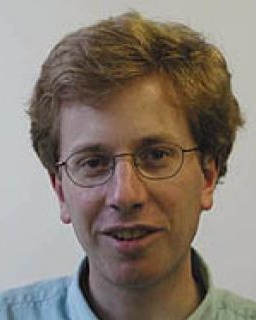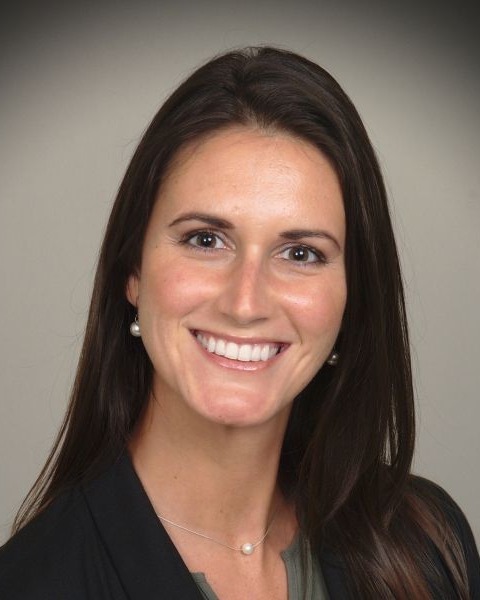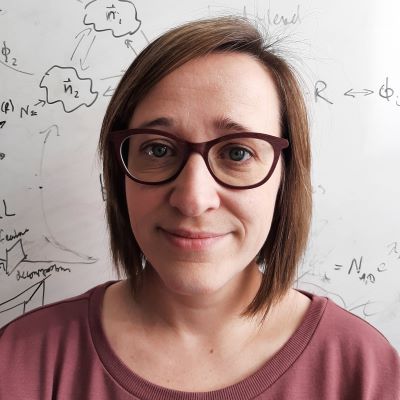Venue
Workshop talks will be held in Room 11 of Dunning Hall (94 University Ave). Receptions, discussions and coffee breaks will be held in Room 10. Lunch will be served in Ban Righ Hall (75 Bader Lane). A map of the Queen's University main campus and some surrounding hotels is provided below. Click here for other maps.

 2025 Plenary speakers
2025 Plenary speakers
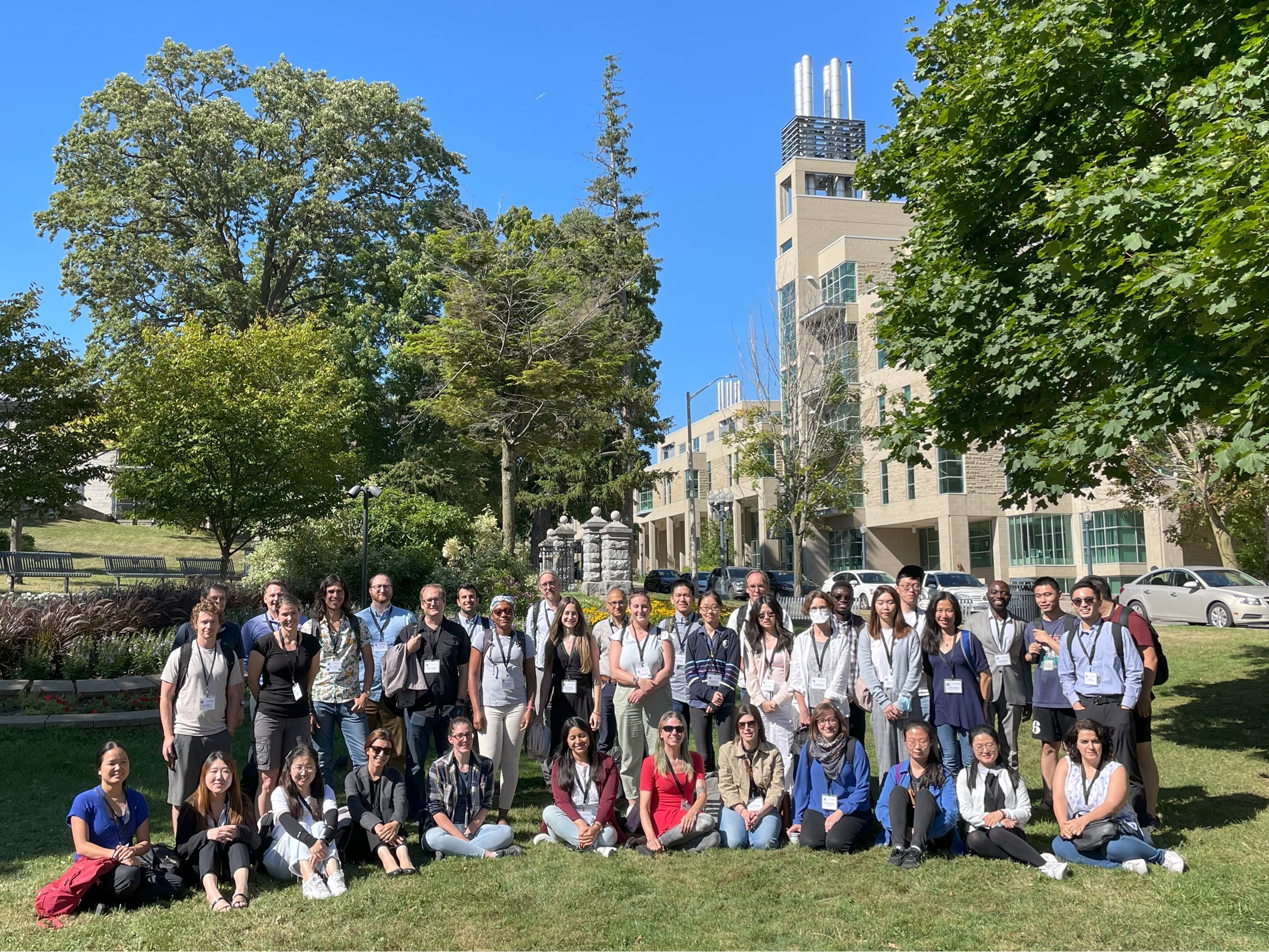 2022 Queen's Workshop on Mathematical
2022 Queen's Workshop on Mathematical
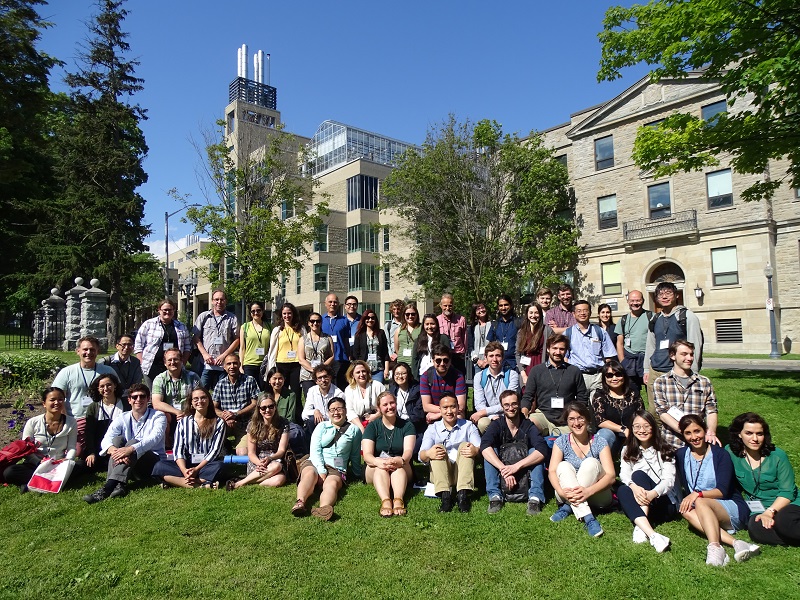 2019 Queen's Workshop on Mathematical Ecology
2019 Queen's Workshop on Mathematical Ecology
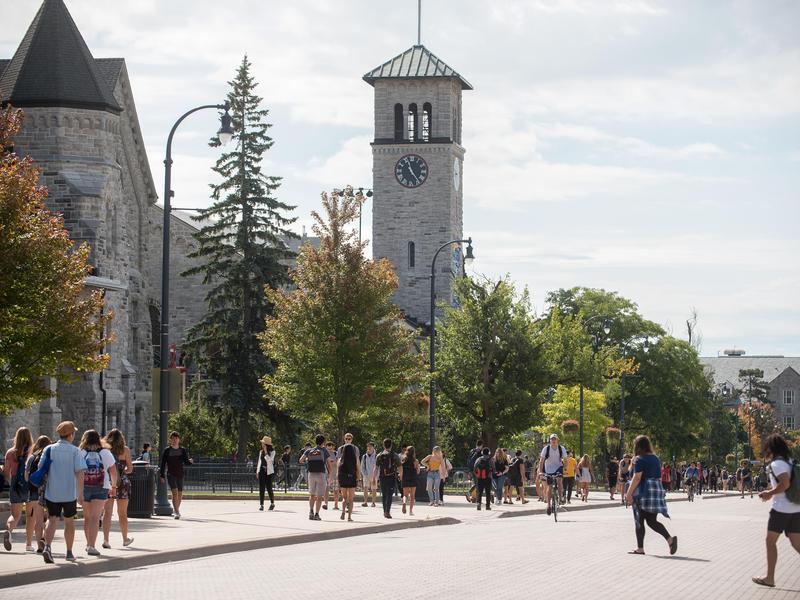 Queen's University. Photo by Garrett Elliott
Queen's University. Photo by Garrett Elliott
 Kingston Waterfront. Photo by Tia Wilson
Kingston Waterfront. Photo by Tia Wilson
